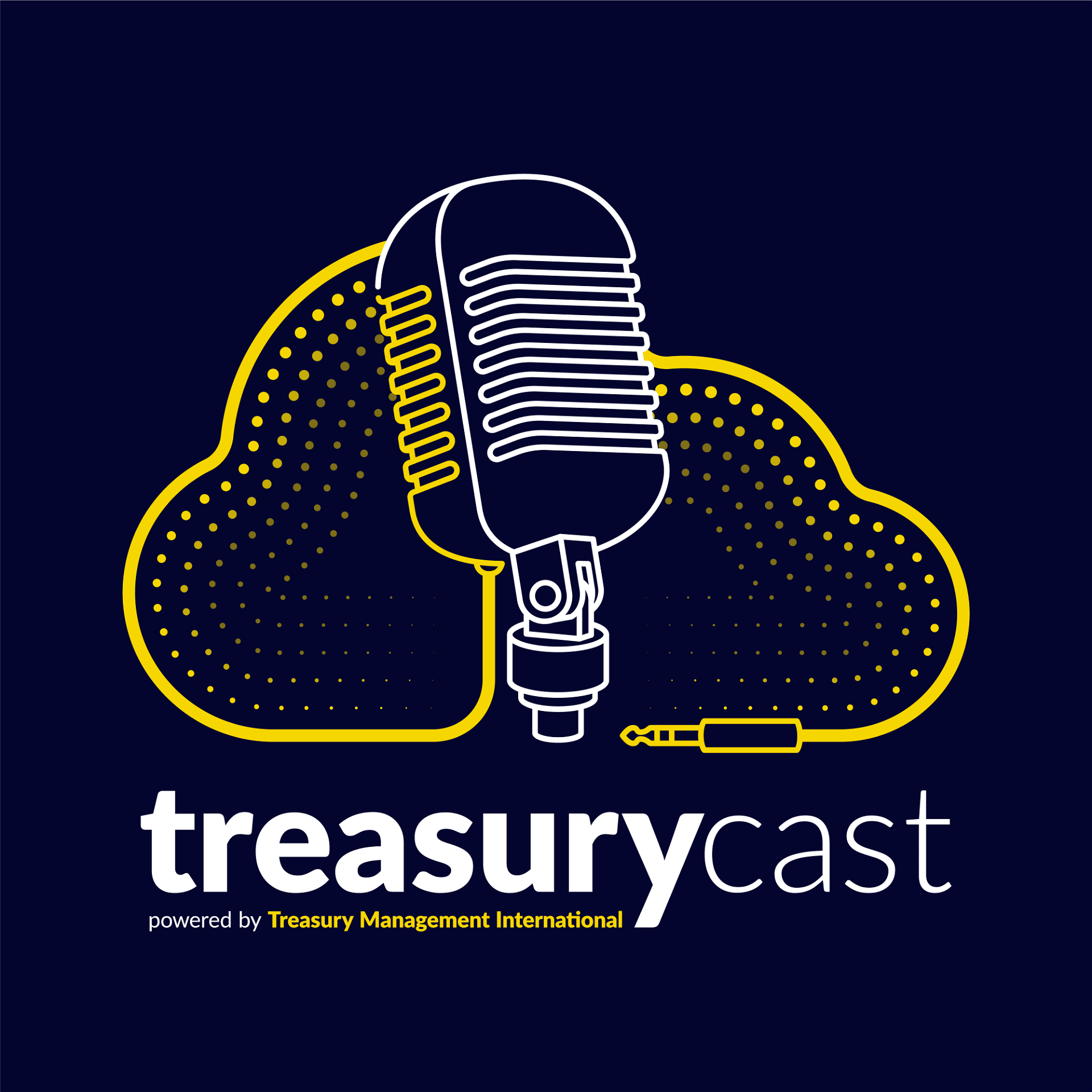Sygnum Bank and Swiss Fintech FQX announce they have settled an electronic promissory note (eNote) using Sygnum’s Digital CHF (DCHF) stablecoin, pegged 1:1 with the Swiss Franc.
Promissory notes are a widely-used traditional legal instrument enabling companies and individuals to obtain finance based on an unconditional promise to pay, providing flexibility and resilience in areas like trade and corporate finance.
By moving multi-party processes onto the blockchain in the form of an eNote, transactions can be settled instantly, with the liquidity flowing directly to the businesses seeking finance, reducing counterparty and fraud risk, and lowering costs.
“Transferable electronic promissory notes make liquidity available where it is needed for businesses, while also offering attractive investment opportunities for financial institutions,” says Frank Wendt, FQX Chief Executive Officer. “Each eNote issued via FQX is assigned an ISIN number, making it easily transferable to other investors,” he adds.
Due to Distributed Ledger Technology’s (DLT) smart contract capabilities and fast development times, new financial instruments are emerging in the marketplace. FQX felt that a digital, smart form of money that enables instant settlements was needed to maximise the efficiency and scalability of promissory notes.
Each eNote is recorded and stored on the Swiss Trust Chain, a banking-grade DLT-system maintained by Swisscom and the Swiss Post. The electronic signatures used to securely issue and transfer the eNotes on the FQX platform are provided by Swisscom Trust Services.
Wendt told TMI that he believes eNotes will become a “financial system architecture component” in their own right but also will become an “embedded ingredient in existing solutions”, as promissory notes have been in the past and still are today in other countries of the world (such as China). “It will be the ‘atom’ of various corporate and trade finance structures, as it represents a generic yet adaptable ‘unconditional promise to pay’ that is truly globally applicable.”
The solution, which is offered directly to corporations, financial institutions and fintechs, requires no up-front financial investment, and although it supports straight-through processing, does not require deep system-integration as it is cloud-based. Wendt adds that for corporate treasuries, it can also significantly expand investor diversification, and thus funding, enabling direct access to institutional investors, potentially reducing financing costs.




